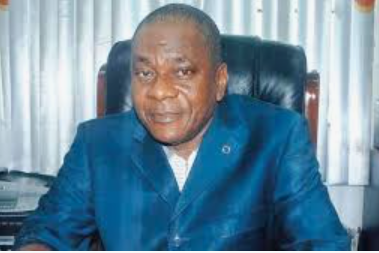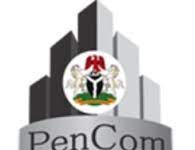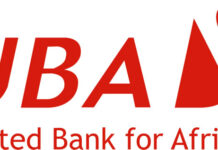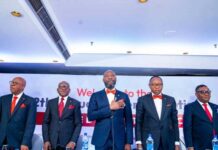He disclosed this in a recent letter he wrote to President Bola Tinubu, titled “The negative impact of privatising Nigerian ports without a legal framework and economic regulator since 2005 to date”, obtained by The PUNCH.
He stated that the nation’s ports were associated with cumbersome, lengthy and unwholesome practices, which ranked Nigerian ports as the most expensive within the West African sub-region.
Amiwero expressed concern about the process of privatising Nigerian ports without a legal framework and economic regulator.
He noted that that had resulted in gridlock on the nation’s roads.
The licensed agent lamented that the process of the port reforms gave room to a lack of holding bays, trailer parks, and government warehouses in the ports and no regulator to check the private monopoly of the terminal operators, adding that those components were excluded from the port privatisation processes.
“The holding bays that existed before 2005 within and around the ports were ceded out as land space to terminal operators, without providing alternatives,” he pointed out.
Amiwero added that all the spaces used for various activities to enhance port activities were ceded to terminal operators, forcing the trucks, and lorries to use the available port access road to hold empty containers and wait as a holding bay.
The NCMDLCA boss stated the Nigerian port system was expected to serve the economy and meet the needs of port users in a manner that was economically and environmentally sustainable, through the establishment of an appropriate operational process, efficient port procedure and an effective legislative framework.
According to Amiwero, the exclusion of those three components, legislative framework, commercial/economic port regulator and concession from the inception of the port privatisation process in 2005 created room for the current hindrance in the port system.
“The principle of concession was jettisoned. There was no provision of concession in Nigerian Ports Authority Act 38 of 1999, but only a lease agreement for five years, as contained in Section 25-(2),” he opined.
He maintained that those impediments make Nigerian Ports one of the most expensive in the globe, which gave the terminal operators and shipping companies an advantage to manipulate and control the port system.
He said this had led to bottlenecks, gridlock on port access roads, high cost of clearance and extreme private monopoly to the detriment of the economy.





















